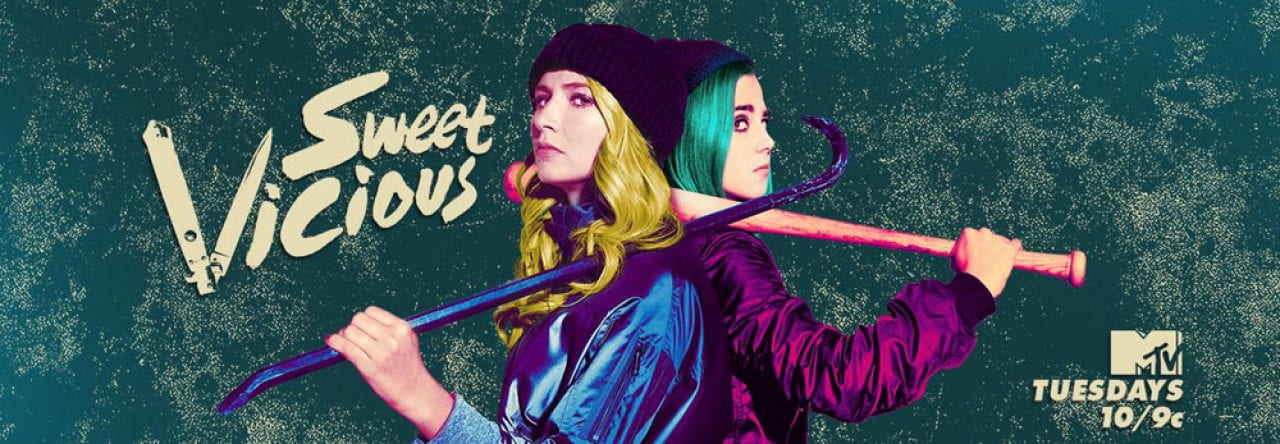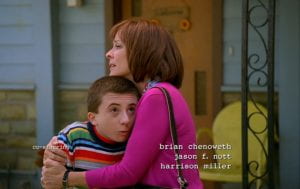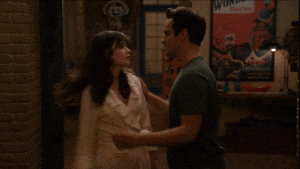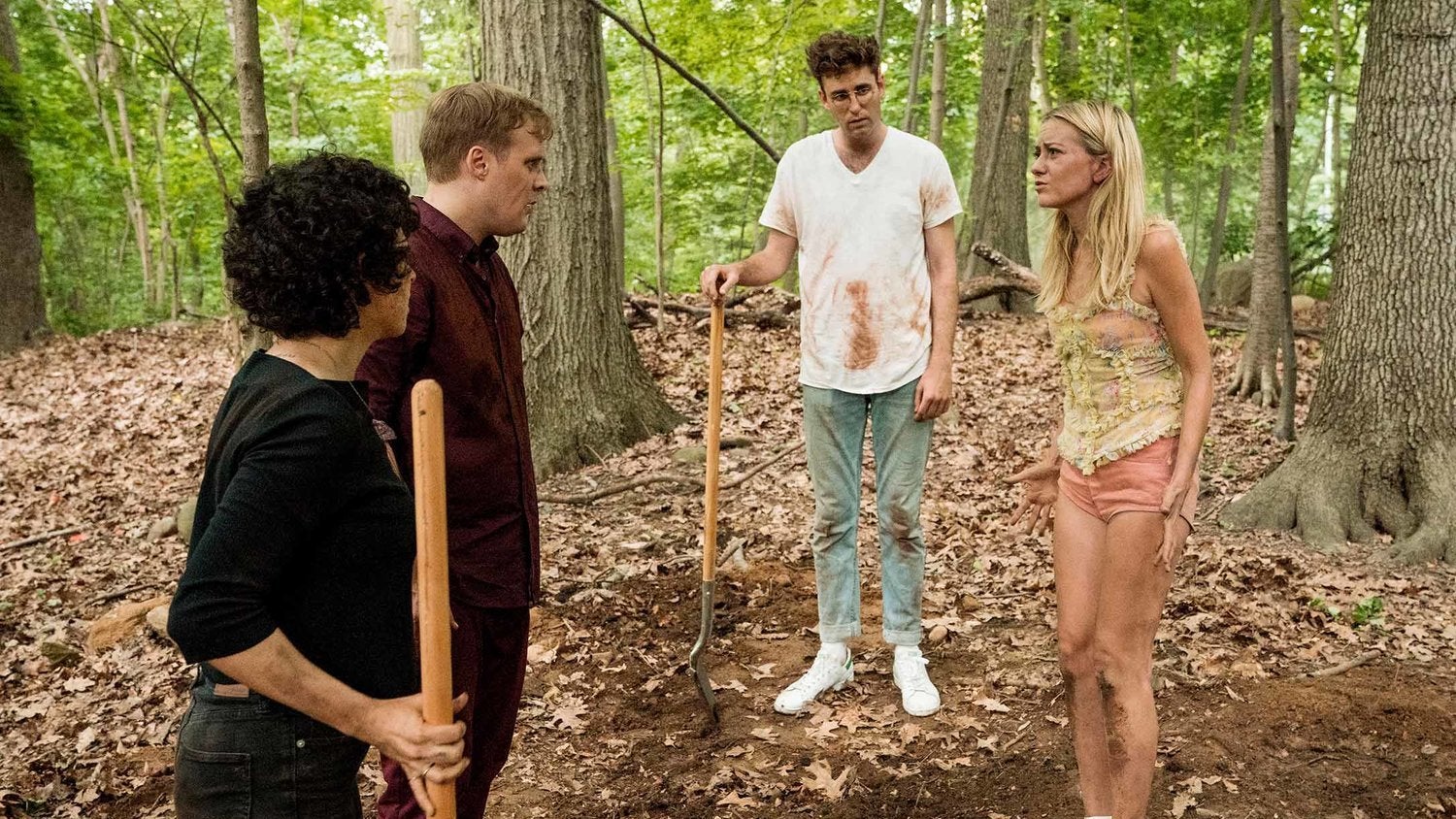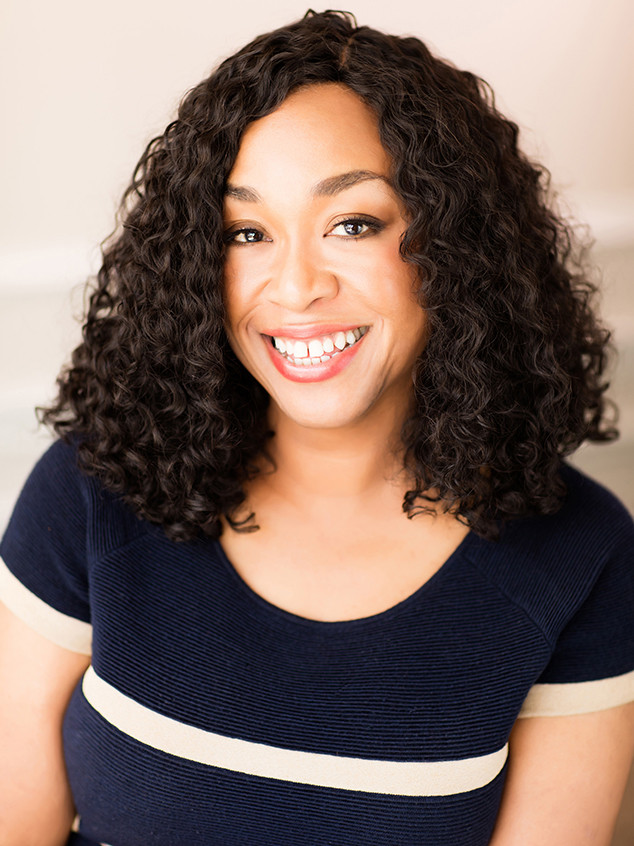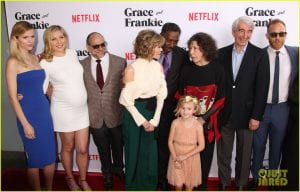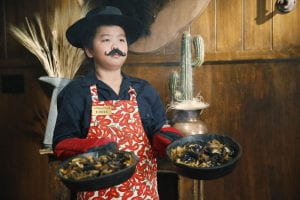The explosive beginning of Sense8 s2e11: You Want War? is dead-focused on the theme of revenge. It features Sun’s infiltration into her brother’s lavish gala, intent on killing him. The ensuing action sequences and car chase feature several moments when the other sensates give their input on Sun’s decision. Wolfgang, the dark killer seems to support killing Sun’s brother, whereas Kala seems to oppose violence in favor of making her brother confess. Will and Riley are neutral, ignoring the issue altogether and purely looking out for Sun’s safety. Through the other sensates, the metaphorical angels and demons on Sun’s shoulders, the authors of the episode present competing views of revenge. Should we seek retribution for past crimes or simply seek to right wrongs?
The show provides context for Sun’s decision through flashbacks to her brother’s very wrongdoings. From pleading with Sun to take the fall for his crimes, to killing their father who was going to turn him in, Sun’s brother is painted as a very clear-cut villain. The only thing bringing nuance to his character is his relation to Sun. At the climax of the chase, Sun decides not to kill her brother. The exploration of this theme of revenge seems to fall very flat in the end. There were a few throwaway flashbacks to Sun’s mother saying “Look after your brother” and her sensei telling her that she is “as gentle as a butterfly”, but overall the final decision was a simple “oh she did the right thing by not killing anyone”. The issue could easily have been expanded on by developing the character of Sun’s brother or by giving more serious consideration to killing him. It seemed cliche and inevitable that Sun would decide to spare her brother.
The episode takes a dramatic turn when Wolfgang is kidnapped by the Biological Preservation Organization. A violent torture scene reveals the identities of Kala and others in Wolfgang’s cluster. The sensates quickly hit back, avenging Wolfgang’s capture with a well executed kidnapping of Mr. Whispers and Jonas- prominent opposition figures. Here we continue to see the sensates pursue proactive revenge. Rather than kill the two, they kidnap them so that they can save Wolfgang and hopefully stop BPO.
The entire episode takes a very proactive view on revenge, where characters choose to fight for each other rather than kill out of anger.

The sensates attempt to persuade Sun not to kill her brother
